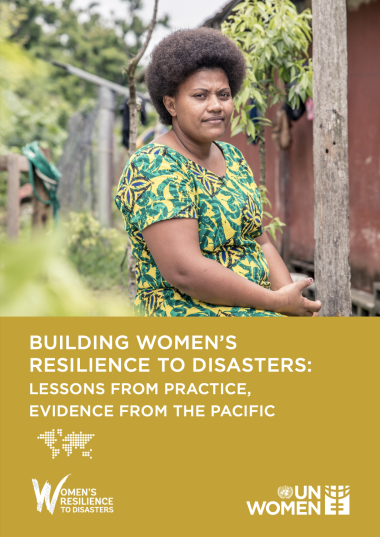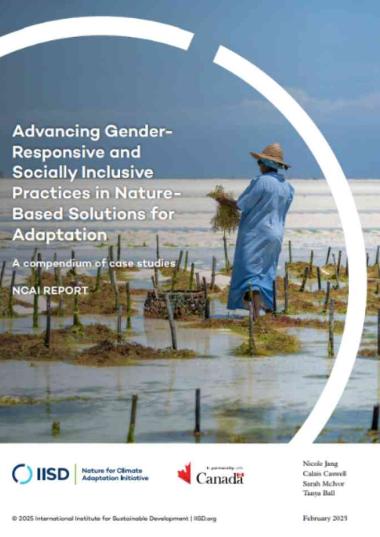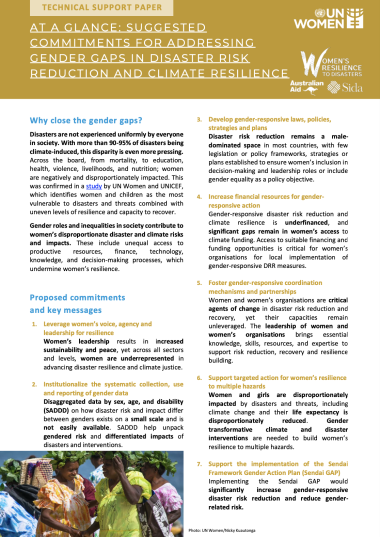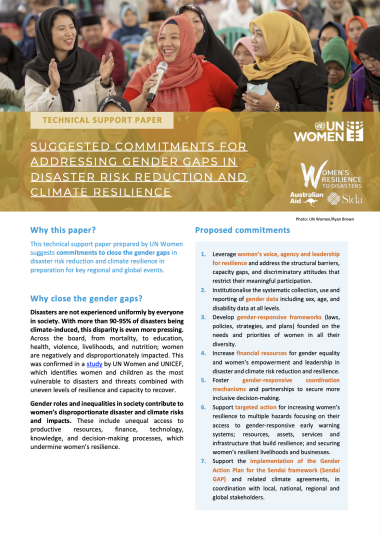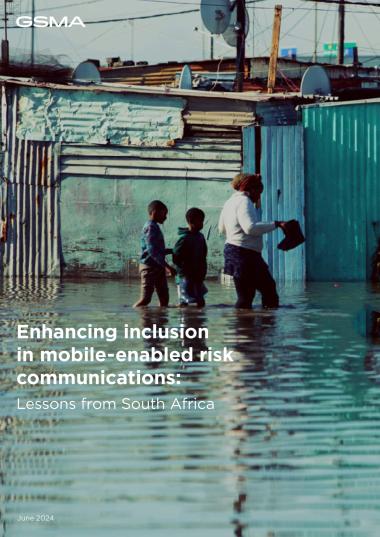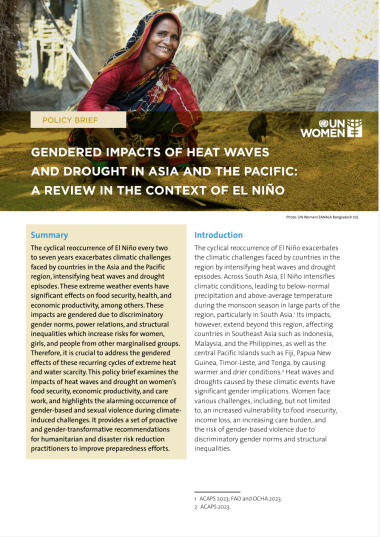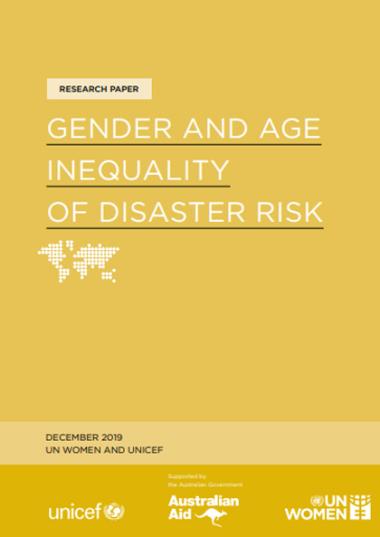
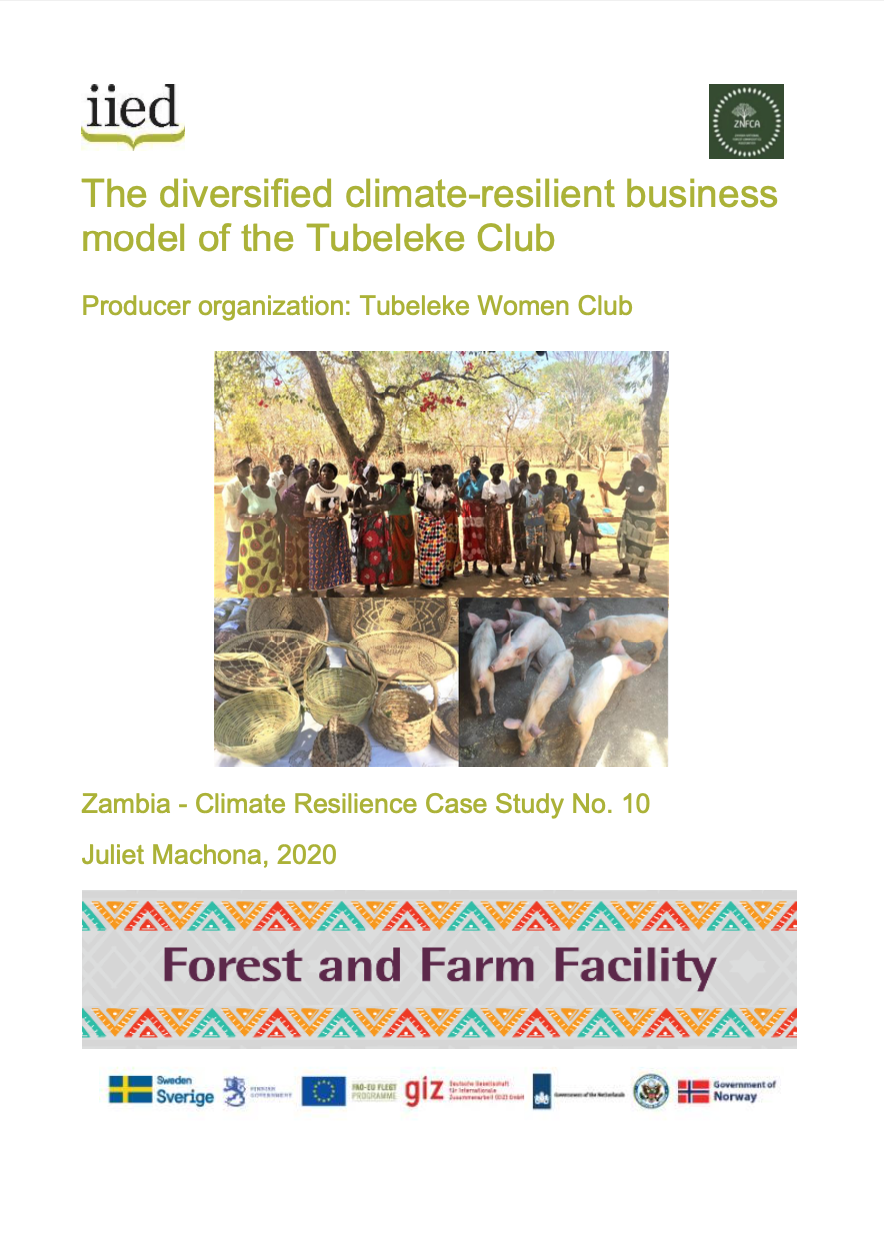
This paper examines the diversified climate-resilient business model of the Tubeleke Club. Tubeleke Women Club is a producer organization made up 26 members located in the south of Choma District in South West of Southern Province of Zambia. In recent years climate change has become an issue of increasing significance for the members of Tubeleke Club. Rains have become increasingly erratic, and the growing season has shortened to even less than 80 days. Prolonged droughts have had major impacts on subsistence crop production. The droughts have resulted in severe hunger and a radical drop in income.
The paper finds that the main reason that can be attributed to the success of Tubeleke women businesses is the diversification of their business, when one component of their income stream is affected, there is always another to fall back on. The drought that has devastated southern province in the recent past impacted so much on the crop fields of the members and their individual incomes but the group still had their raw material for baskets and were also able to source sufficient water for their animal project which did very well. The market for their produce remained stable and brought in a good income.
